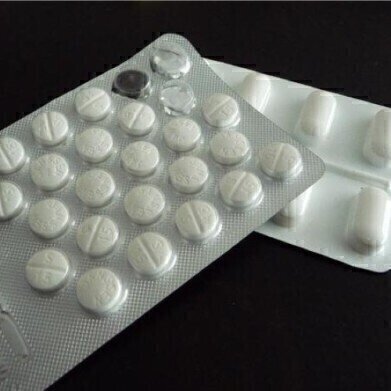-
 The oral medication have improved quality of life for many patients
The oral medication have improved quality of life for many patients
Bioanalytical
New cancer drug trial early results positive
Mar 20 2014
A new clinical trial is the first to test a recently-developed drug for the treatment of cancer, which could help to prolong the lives of those living with a terminal form of the disease. Clinicians are hoping that the drug is found to have positive results in the trial, which began in Plymouth and has now been extended worldwide.
Bruton's Tyrosine Kinase (BTK) inhibitors are being tested for effectiveness on patients that have been diagnosed with the most severe forms of lymphoma and leukaemia. The trial began in 2012, treating four patients in Plymouth with the drug. Since being extended across the globe, over 30 patients have reportedly responded positively to the oral medication.
Although the study is still small and has not published any results fully, the findings seem positive so far. Ultimately, the drug could help to transform the way that treatment is given to those cancer patients that have run out of any other options.
According to Professor Simon Rule, from the Plymouth Hospitals NHS Trust who is also a researcher at Plymouth University Peninsula schools of Medicine and Dentistry, many patients involved in the study have experienced "significant improvements".
“The astonishing thing about these drugs is that they have virtually no side effects, which is unprecedented from my experience. In some patients, the effects are immediate. Patients with lots of symptoms, particularly those with lymphoma, will feel better the next day after taking the medication."
All of the trials involving BTK inhibitors are being run from Plymouth, placing the UK at the forefront of its development. While the drug will not be a cure for those with severe and terminal forms of cancer, it has been found to improve quality of life, as well as life expectancy. Professor Rule said that in this way BTK inhibiting drugs are similar to the medications that are used to manage chronic conditions.
As the average survival rate for patients diagnosed with terminal lymphoma and leukaemia is between four and five years, the development of these medications could help to provide individuals with longer lives, especially when they have become resistant to other types of treatment.
Digital Edition
Chromatography Today - Buyers' Guide 2022
October 2023
In This Edition Modern & Practical Applications - Accelerating ADC Development with Mass Spectrometry - Implementing High-Resolution Ion Mobility into Peptide Mapping Workflows Chromatogr...
View all digital editions
Events
Jan 20 2025 Amsterdam, Netherlands
Feb 03 2025 Dubai, UAE
Feb 05 2025 Guangzhou, China
Mar 01 2025 Boston, MA, USA
Mar 04 2025 Berlin, Germany











